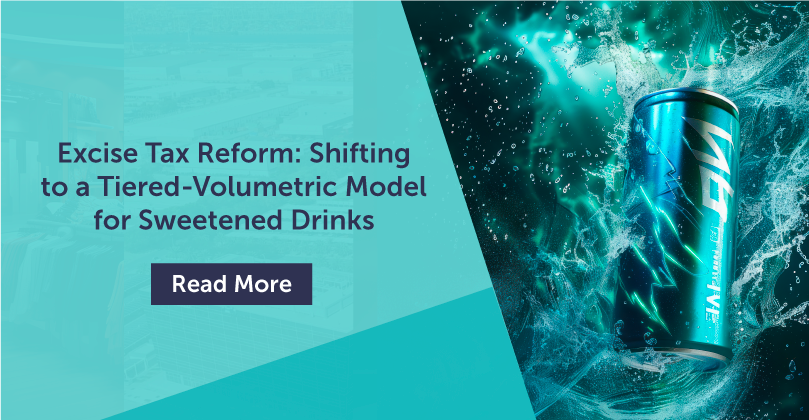
- Sep 23,2025
- EXCISE TAX
Excise Tax Reform: Shifting to a Tiered-Volumetric Model for Sweetened Drinks
The Federal Tax Authority (FTA), through Public Clarification EXTP012, has announced a major reform to the Excise Tax regime by introducing a tiered-volumetric model for sweetened drinks. Effective 1 January 2026, this model will replace the current ad-valorem system, representing a significant shift to a sugar-content-based approach that better aligns taxation with public health objectives.
The reform applies broadly to all sweetened drinks that contain added sugar, artificial sweeteners, or other sweeteners, regardless of their form.This includes:
- Liquids
- Powders
- Concentrates
- Gels
- Extracts
- Any other form intended to be converted into a drink for consumption
The FTA will announce the date from which Sweetened Drinks may only be registered as Excise Goods if supported by a laboratory report confirming sugar content.
How the Excise Tax Will be Calculated?
Under the new model, tax will be linked directly to the sugar content per 100ml, creating a fair and health-oriented system:
- Drinks with added sugar/sweeteners: Tax calculated on total sugar content (both natural and added sugars are counted).
- Drinks with only natural sugar: No Excise Tax applies.
- Drinks with only artificial sweeteners: Zero Excise Tax, but registration with the FTA is still required.
- Artificial sweeteners: Not included in the sugar level calculation for tax purposes.
The standalone category for carbonated drinks will be removed, and these beverages will be taxed solely based on their sugar content, in line with other sweetened drinks. If a drink contains added sugar and artificial sweeteners, the total sugar content for tax purposes will include all types, such as natural, added, but not artificial sweeteners.
This unified approach ensures consistency in taxation regardless of the type, form, or brand of beverage.
Categories of Tax Rates
The new regime introduces four sugar-based categories (per 100ml):
- High sugar: ≥ 8g
- Medium sugar: ≥ 5g and < 8g
- Low sugar: < 5g
- No added sugar/sweetener or artificially sweetened
The specific rates applicable to each category will be set out in a forthcoming Cabinet Decision.
Registration & Transitional Rules
To support the transition, businesses must register (or update existing registrations) for sweetened drinks on the FTA’s Excise Goods Portal. Registration requires a valid laboratory report confirming:
- The presence of added sugar, artificial sweeteners, or other sweeteners
- The total sugar content, including both natural and added sugars
The Ministry of Industry and Advanced Technology (MOIAT) will publish a list of accredited laboratories authorized to issue these reports.
Key Points to Note:
- If no valid report is provided, drinks will automatically be classified as high sugar.
- Adjustments or refunds may be granted by the FTA if later testing proves otherwise.
- Transitional rules will apply to manage existing stock, preventing tax-driven stockpiling and ensuring a fair rollout.
Exclusions from the Definition of Sweetened Drinks
The following products are excluded from the new excise framework:
- Energy drinks (covered separately under Excise Tax rules)
- 100% natural fruit and vegetable juices with no added sugar
- Milk, dairy, and related products
- Baby formula, follow-up formula, and baby food
- Beverages and concentrates intended for special dietary or medical use
- Drinks prepared by natural persons for personal or non-commercial purposes
- Beverages prepared and served in restaurants or similar establishments in open containers (not hermetically sealed) for immediate consumption
Next Steps for Businesses
Taxable persons should begin preparations now to ensure a smooth transition by January 2026:
- Review product portfolios – Evaluate the sugar content of all beverage products and determine whether they fall under the definition of sweetened drinks.
- Engage with accredited laboratories – Once MOIAT publishes the list, arrange timely product testing and obtain the required certification
- Plan registration updates – Ensure that product registrations on the FTA portal are updated with accurate details and supported by valid laboratory reports.
- Prepare operationally – Consider product reformulation, supply chain adjustments, or marketing changes to align with the new sugar-based tax brackets.
CLA Emirates: Expert Support for Excise Tax Changes
CLA Emirates offers expert assistance for businesses adapting to the UAE's new excise tax changes. They review product portfolios for sugar content, interpret new laws, and update product registrations on the FTA portal. Their strategic guidance helps with product reformulation, supply chain adjustments, and marketing to meet new tax brackets. Partnering with CLA Emirates minimizes risks and ensures compliance with the new tiered-volumetric tax model starting January 1, 2026.
Ajil Varghese | Associate Director - Taxation
+971 54 2119 621
Ajil.Varghese@claemirates.com
-
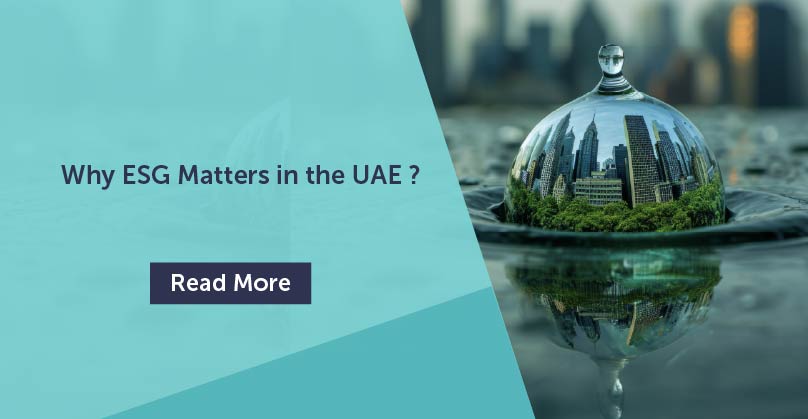 Feb 02,2026Why ESG Matters in the UAE?
Feb 02,2026Why ESG Matters in the UAE? -
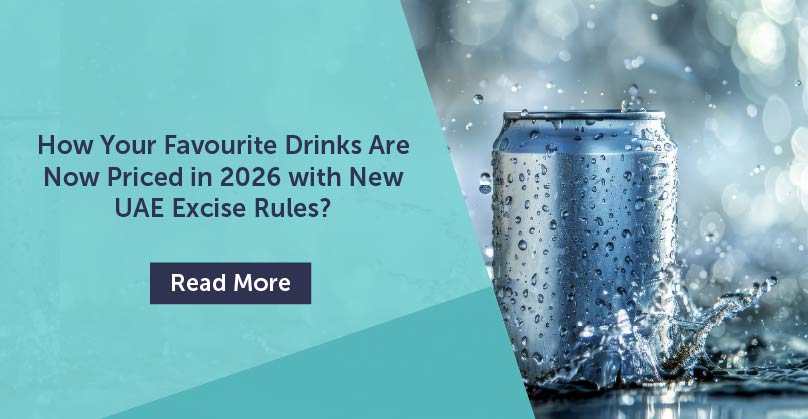
-

-
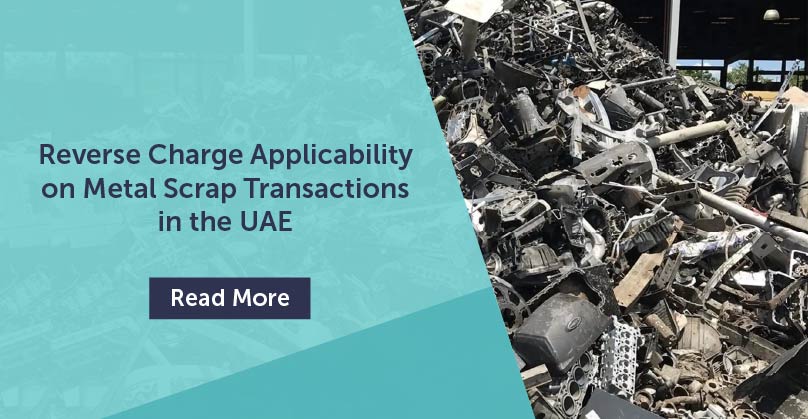
-
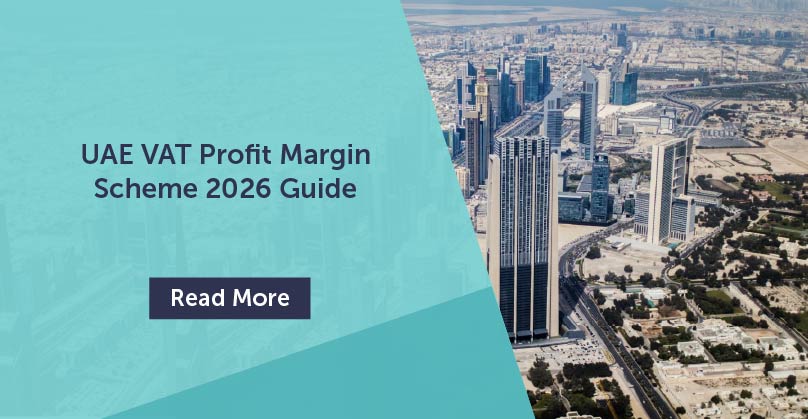 Jan 15,2026UAE VAT Profit Margin Scheme 2026 Guide
Jan 15,2026UAE VAT Profit Margin Scheme 2026 Guide